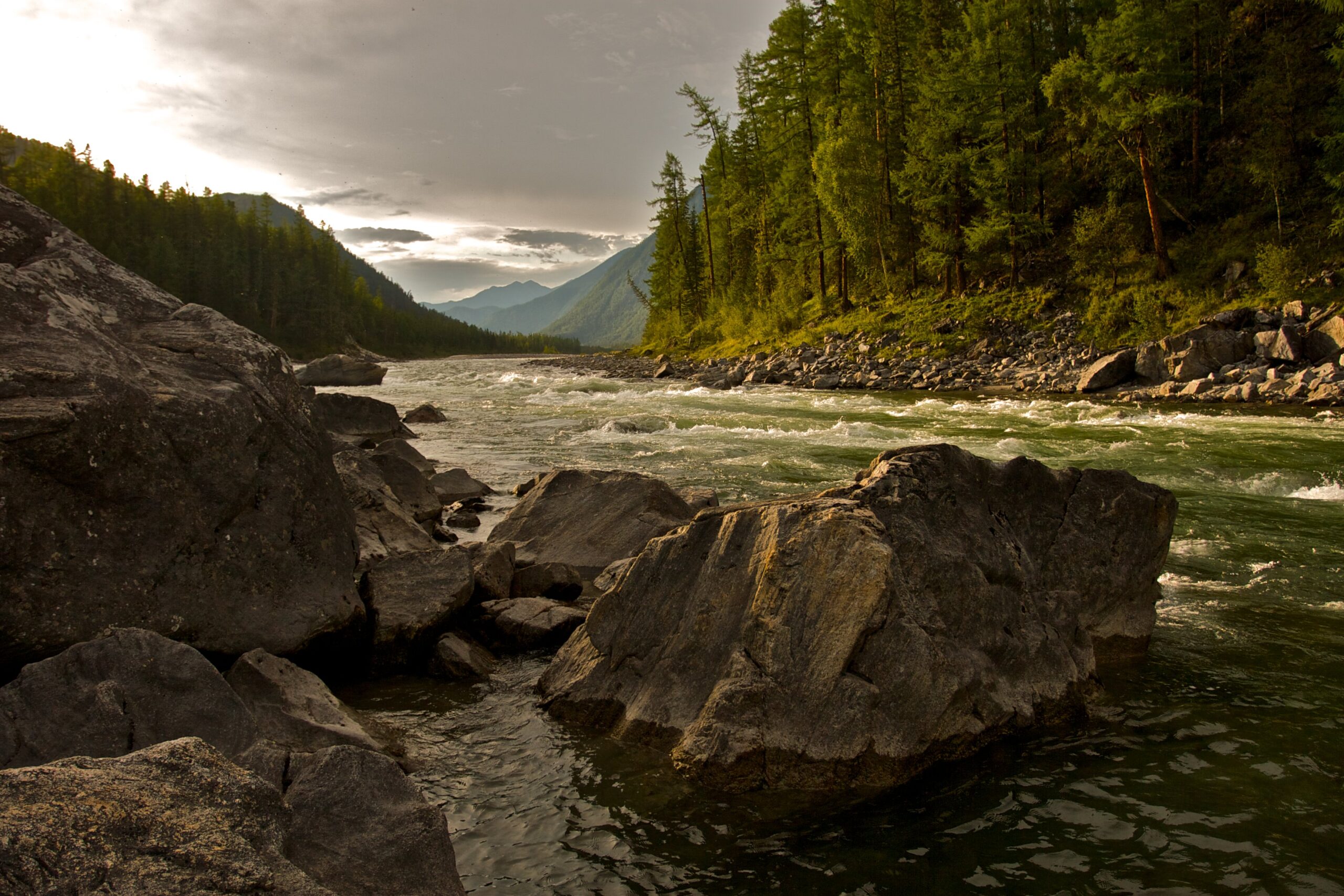When the Montana Supreme Court issued its decision regarding access for floating the Dearborn and Beaverhead Rivers in 1984, no one could have imagined the battles that would ensue over the next 30 years. Not only did the court ruling open most Montana’s rivers and streams to recreation “without regard to streambed ownership or navigability,” it laid the foundation for invoking the “public trust doctrine” in a myriad of resource policy debates.
That doctrine was invoked in the 1984 Supreme Court decision on the grounds that the Montana Constitution says waters are “the property of the state for the use of its people.” Hence, the court concluded, the state has a trust responsibility to maintain access for people to use their water for recreation. The state Legislature tried to put sideboards on the ruling with the Stream Access Law in 1985 by clearly stating that the law does not grant an easement for the public to cross private property to obtain access.
One might think that the 1984 court decision, the 1985 law, and subsequent refinements, such as the 2009 bridge access law, would have settled the access issue. With wind in their sails, however, stream access zealots have demonstrated an insatiable appetite for more and more. Led mainly by the Public Land/Water Access Association, Inc. (PLWA), these activists file lawsuit after lawsuit in the name of the “public trust”—and not just to water, but also to wildlife.
Like bees to honey, PLWA is especially attracted to properties where private landowners have invested in fish and wildlife habitat. For example, access advocates licked their chops at the prospect of fishing the Mitchell Slough where private landowners — who own the streambed and pay taxes on it — invested millions of dollars to create a trout stream out of what was essentially an irrigation ditch. Similarly, they targeted access to the Ruby River after the private owner changed land uses and invested in fish and wildlife habitat. Now rumor has it that the Darlington Ditch near the Madison River is in their sights.
Rather than trying to “gut” Montana’s stream access law, as PLWA claims, landowners are simply protecting their private property and their investments in conservation. You’d think this would be something sportsmen and women would applaud.
If the lawsuits weren’t enough, stream access has become a major issue in the current gubernatorial race. Campaign ads attack Greg Gianforte by claiming that he blocked stream access on his property, but nothing could be further from the truth. Gianforte did file suit against the Department of Fish, Wildlife, and Parks to “quiet” (clarify) his title by correcting the location of a FWP easement across his property. FWP eventually settled out of court by correcting the mistake. At no point in the process was legal stream access denied, and indeed to this day Gianforte allows people to access the East Gallatin River by walking on his property above the high-water mark.
To further illustrate just how the public trust doctrine is used in political debates, consider Governor Bullock’s response to Gianforte’s invitation to fish on his property. “Thanks for the invitation. But the beauty is, that’s a public right of way. I don’t need your permission.” This might make a nice political sound bite, but in fact, both the state Supreme Court and the Legislature specifically say that protecting the public’s right to stream recreation does not create an easement or right of way.
Given their victories, it is no surprise that access advocates are expanding their target to include access to public wildlife on private lands. After all, they contend, if people cannot be prevented from accessing state water that flows across private stream beds and banks, why should they be denied access to state wildlife that similarly “flows” across private land. This motivates access zealots to argue that landowners should not be granted damage or shoulder season hunts unless they allow free public access during the regular season.
The public trust argument has even been put forward as a solution to the recent fish kill that closed 200 miles of the Yellowstone River to recreation. Writing in the Billings Gazette, George Wuerthner contended that the low water levels and high temperatures giving rise to the parasite killing whitefish are the result of cattle grazing and irrigation. Never mind the fact that many Montana rivers ran dry in August before irrigation brought late-season return flows. He asserts that “it is a public trust obligation for the governor and state wildlife agencies to protect the citizen’s right to fishing, recreation and higher quality water” and calls on citizens to sue the state in favor of whitefish over cows.
No doubt the access zealots will continue their public trust march, but that doesn’t mean true Montana sportsmen and women have to follow their lead. It is time to return to Montana’s roots by honoring private property rights — and, indeed, by celebrating them. The next time you see a “No Trespassing” sign or an orange fence post, don’t join the ranks of the access activists; follow the advice from BigSkyFishing.com — “all that is usually required is a polite request to the landowner.”
This article originally appeared in the Helena Independent Record on September 1, 2016.




